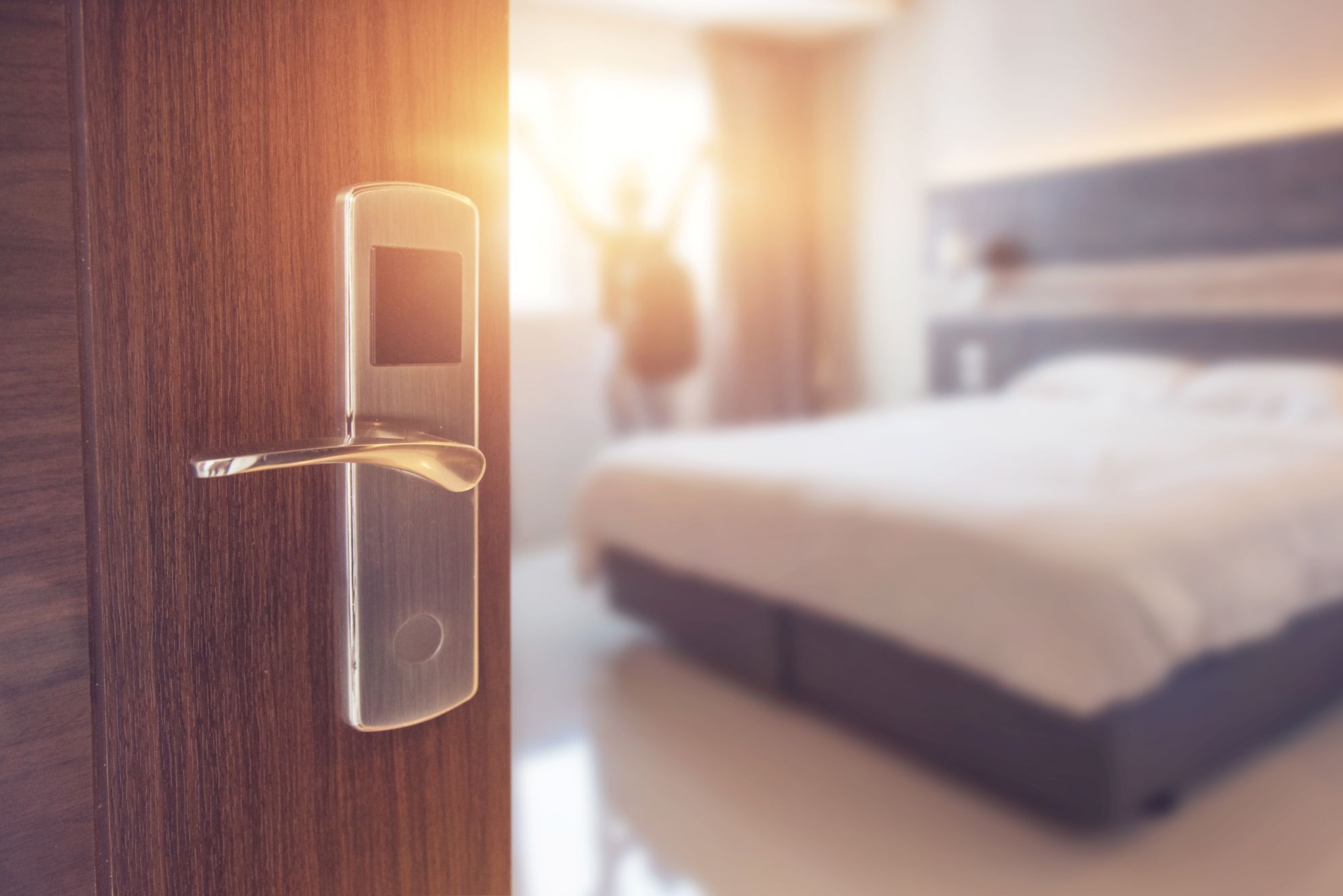
Education Center
We've compiled some articles and other resources to help you understand the importance and benefits of healthly sleep habits.

What to Expect from a Sleep Study
If your doctor has recommended a sleep study, you might be feeling a mix of curiosity and anxiety. Questions like “Will I be able to fall asleep?” or “What will they be monitoring?” are completely normal. The good news? Sleep studies are safe, painless, and incredibly helpful in diagnosing a variety of sleep disorders.

How Can Focus Sleep Centers Help
Most of us know that sleep is important - but few realize just how critical it is to our overall health. Whether you're tossing and turning at night, waking up exhausted, or struggling with loud snoring, poor sleep doesn’t just make you feel groggy the next day. Over time, it can impact everything from your immune system and memory to your heart health and emotional well-being.

When to See a Sleep Specialist
Getting a good night’s sleep isn’t just a luxury - it’s essential for your physical health, mental well-being, and overall quality of life. But for many people, sleep is anything but restful. Trouble falling asleep, waking up repeatedly, or feeling tired no matter how much you sleep could be signs of a deeper issue.
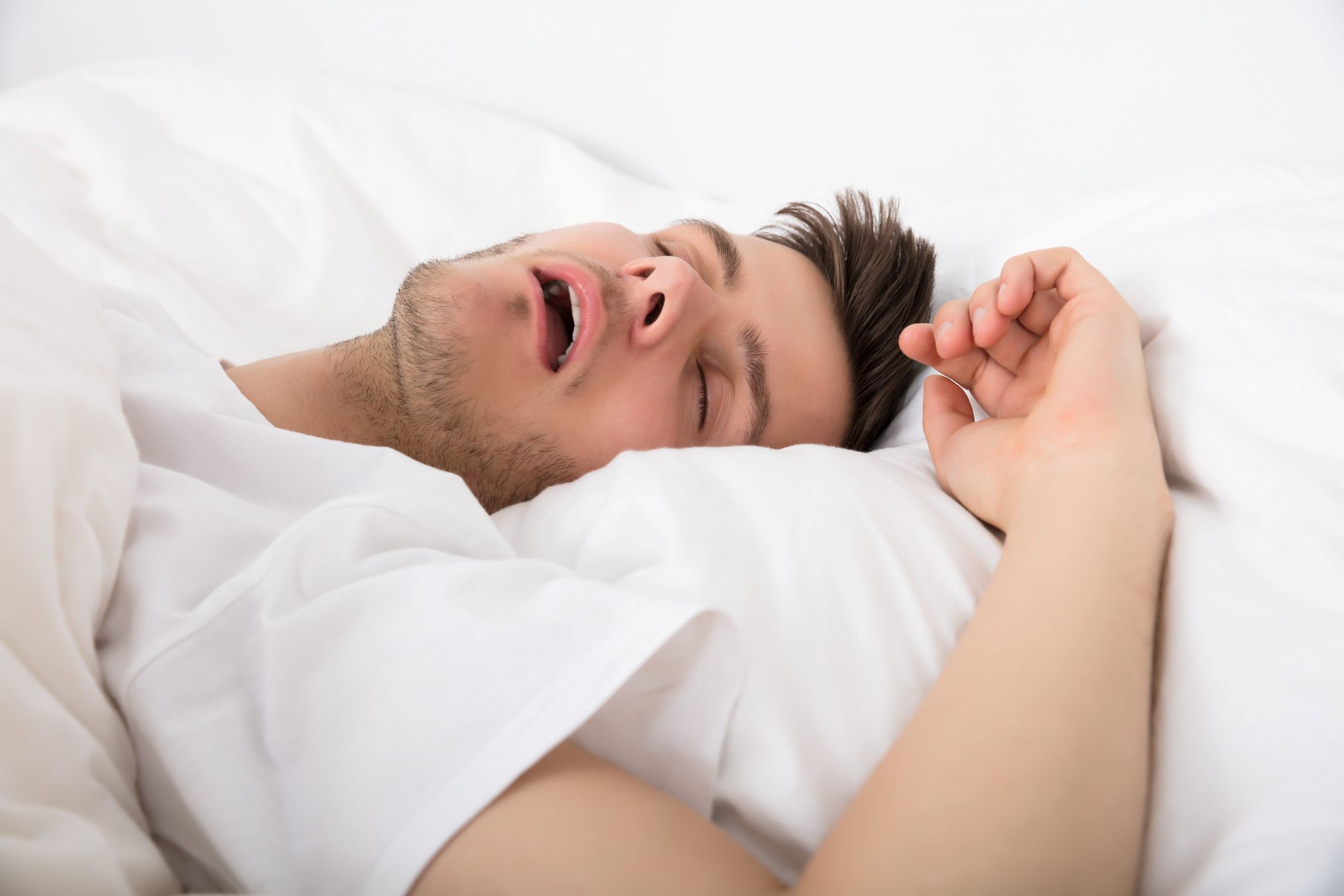
What Causes Snoring?
Snoring is more than just a nighttime nuisance—it can be a symptom of disrupted sleep and even serious health conditions. At Focus Sleep Centers, we regularly help patients understand what causes snoring and how to find lasting relief.
What Insurances Do You Accept?



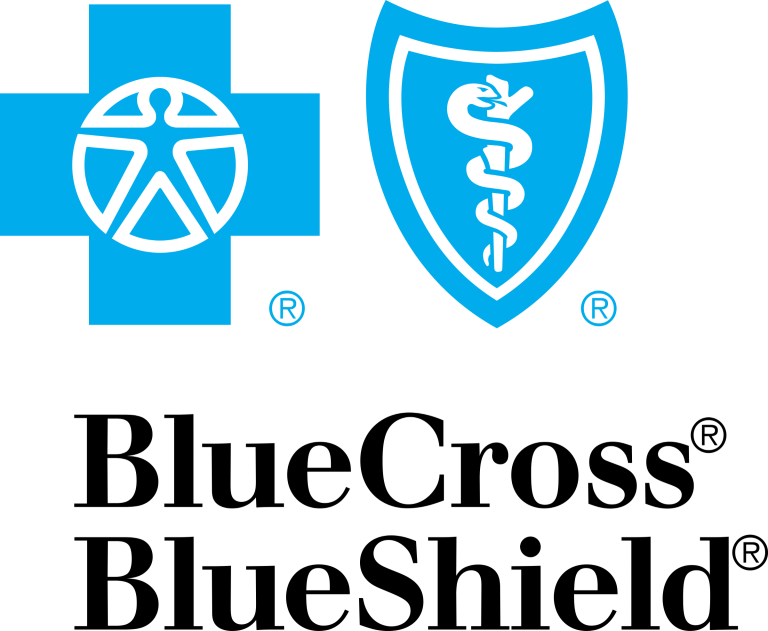

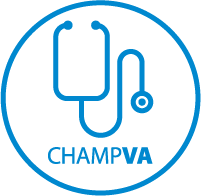
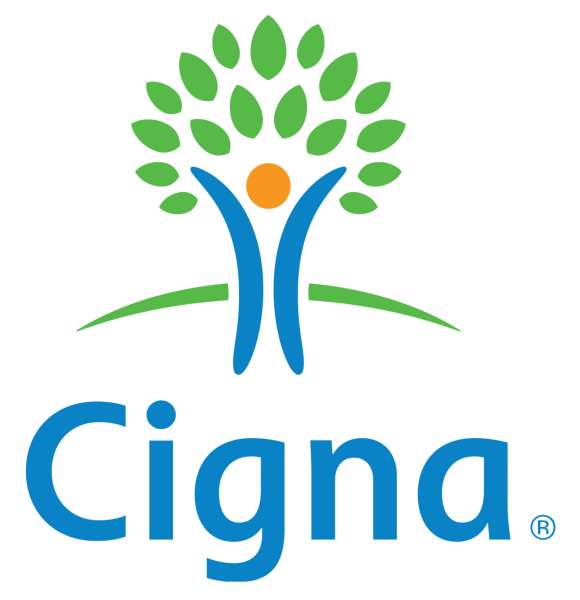

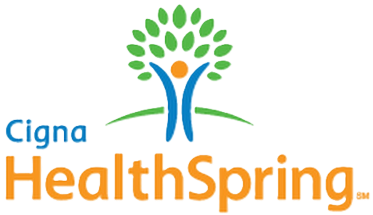





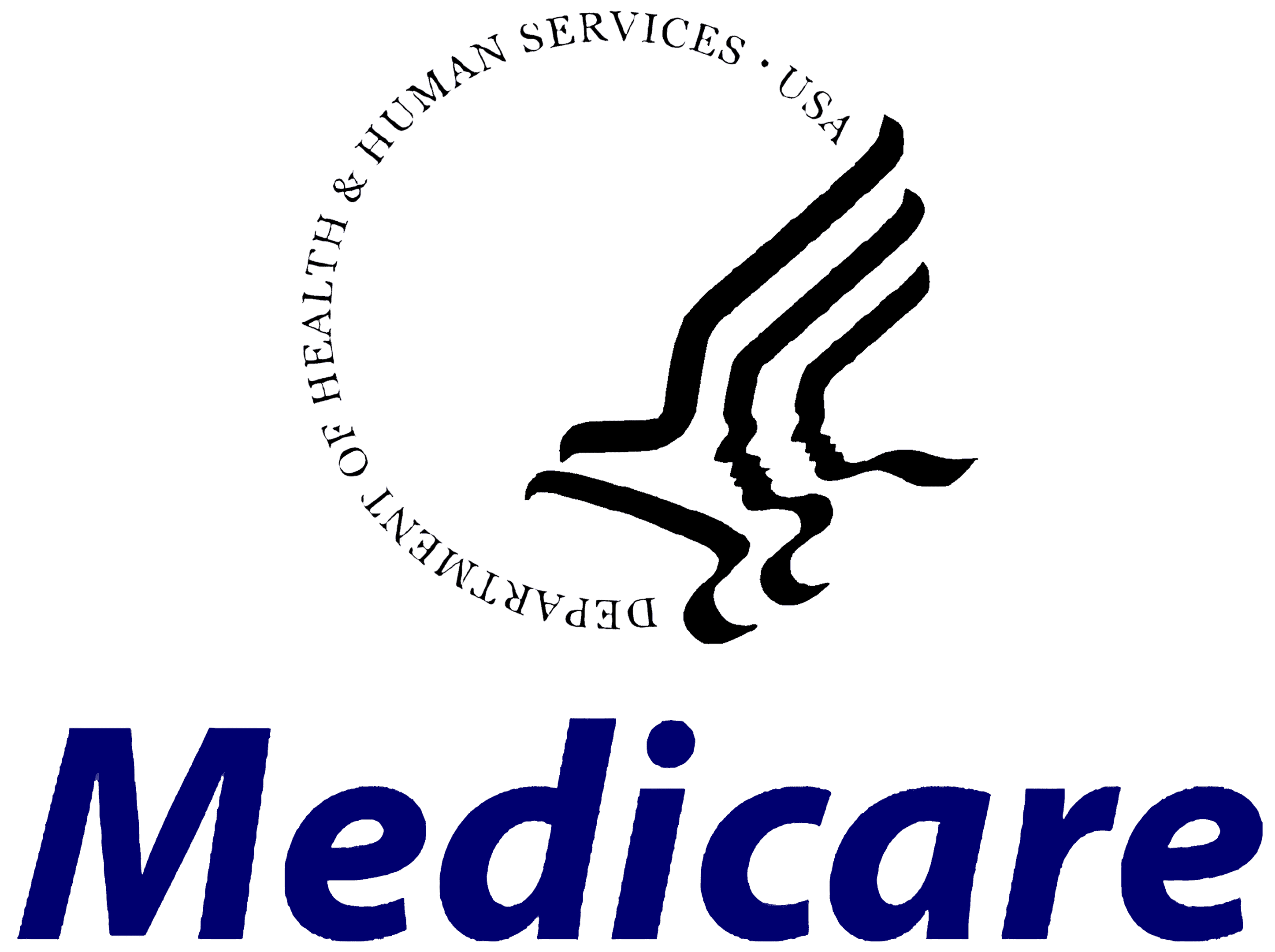
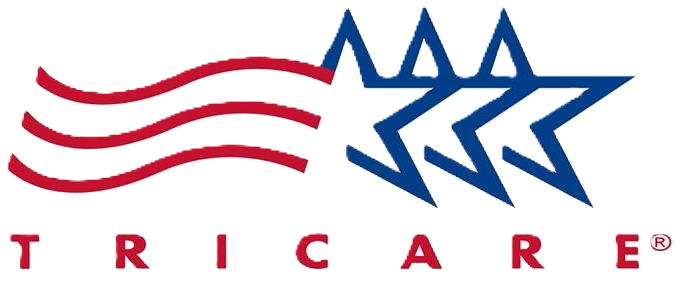
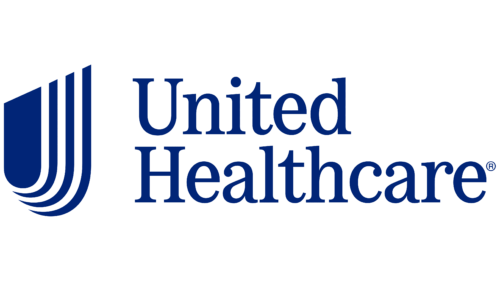
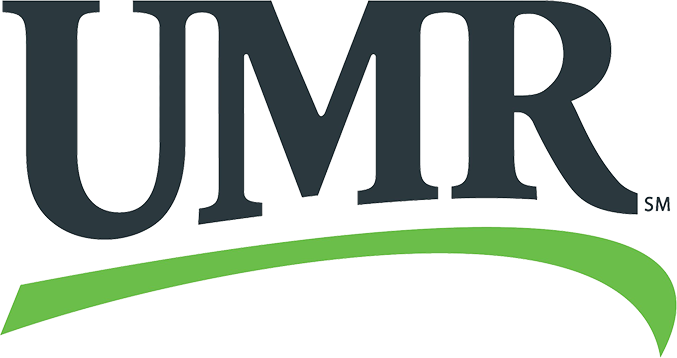

Frequently Asked Questions
About Sleep Studies
A sleep study, also called a polysomnogram, is a test that records your brain waves, heart rate, breathing patterns, oxygen levels, and movements while you sleep. It helps diagnose sleep disorders such as sleep apnea, insomnia, restless leg syndrome, and more.
Your doctor may recommend a sleep study if you have symptoms like loud snoring, excessive daytime sleepiness, difficulty falling or staying asleep, or unexplained fatigue. The study helps identify underlying issues that may be affecting your sleep and health.
Focus Sleep Centers offers both in-lab overnight sleep studies and at-home sleep tests, depending on your symptoms and insurance coverage. Your provider will help determine which option is best for you.
Yes, sleep studies are non-invasive and very safe. Our labs are AASM-accredited and staffed by board-certified professionals who follow strict safety and hygiene protocols.
Most insurance plans, including Medicare, cover sleep studies if they are medically necessary. Our team will verify your benefits and get any required authorizations before scheduling.
You’ll sleep in a private, comfortable room at one of our accredited locations. Technicians will attach sensors to monitor your sleep, but the setup is non-invasive and designed to minimize discomfort. You'll be observed overnight by trained staff.
A home sleep test involves using a portable device that you wear while sleeping in your own bed. It's simple to use and records data on your breathing and oxygen levels. Instructions and support are provided to ensure accurate results.
- Avoid caffeine and alcohol on the day of the test.
- Bring comfortable sleepwear, toiletries, and any medications you normally take at night.
- Try to stick to your regular sleep routine as much as possible.
- Avoid lotions and creams.
Focus Sleep Centers provides a quick turnaround—typically within a few business days. Your referring physician will receive a detailed report and discuss the results and next steps with you.
Once your results are reviewed, your doctor will discuss treatment options if a sleep disorder is diagnosed. This could include CPAP therapy, lifestyle changes, or a referral for specialized treatment.
About Supplies
DME stands for Durable Medical Equipment. In sleep medicine, this typically refers to devices like CPAP machines, masks, tubing, and humidifiers used to treat conditions like obstructive sleep apnea.
Most insurance plans, including Medicare, cover CPAP machines and related supplies if they’re medically necessary. This is something your DME supplier can help you figure out!
It depends on your insurance provider, but typically every 90 days.
Yes, in many cases you can choose from several options. Our team will help fit you with the right mask style (nasal, full face, or nasal pillows) and equipment that matches your needs and comfort.
After insurance authorization, most patients receive their equipment within a few days to a week. Focus Sleep Centers works with trusted DME providers to ensure timely delivery and setup.
You can contact our office or the DME provider directly. Some providers offer automatic resupply programs to help you stay on schedule.
Supplies need regular replacement to ensure proper hygiene and functionality. General guidelines are:
-
Mask: every three months
-
Tubing: every three months
-
Filters: every one to two months
-
Headgear/chin straps: every six months
-
Water chamber: every six months
Usually, your original prescription is valid for ongoing supplies, but certain insurance plans may require periodic renewal or documentation of continued use.
It’s important to use your CPAP regularly to get the full benefit. If you’re having problems, contact our Southaven or Germantown offices.
If you stop using it entirely, insurance may stop covering the equipment, and untreated sleep apnea can lead to serious health issues.
Helpful Links
National Sleep Foundation is an independent nonprofit, dedicated to improving health and well-being by advancing sleep health.
The AASM's Sleep Education site will give you more information regarding sleep disorders; forming healthly sleep habits; and provide you with updates in the world of sleep medicine.
The NCSDR is a federal center in the National Heart, Lung, and Blood Institute, National Institutes of Health supporting research and education related to sleep disorders and the promotion of sleep health.
